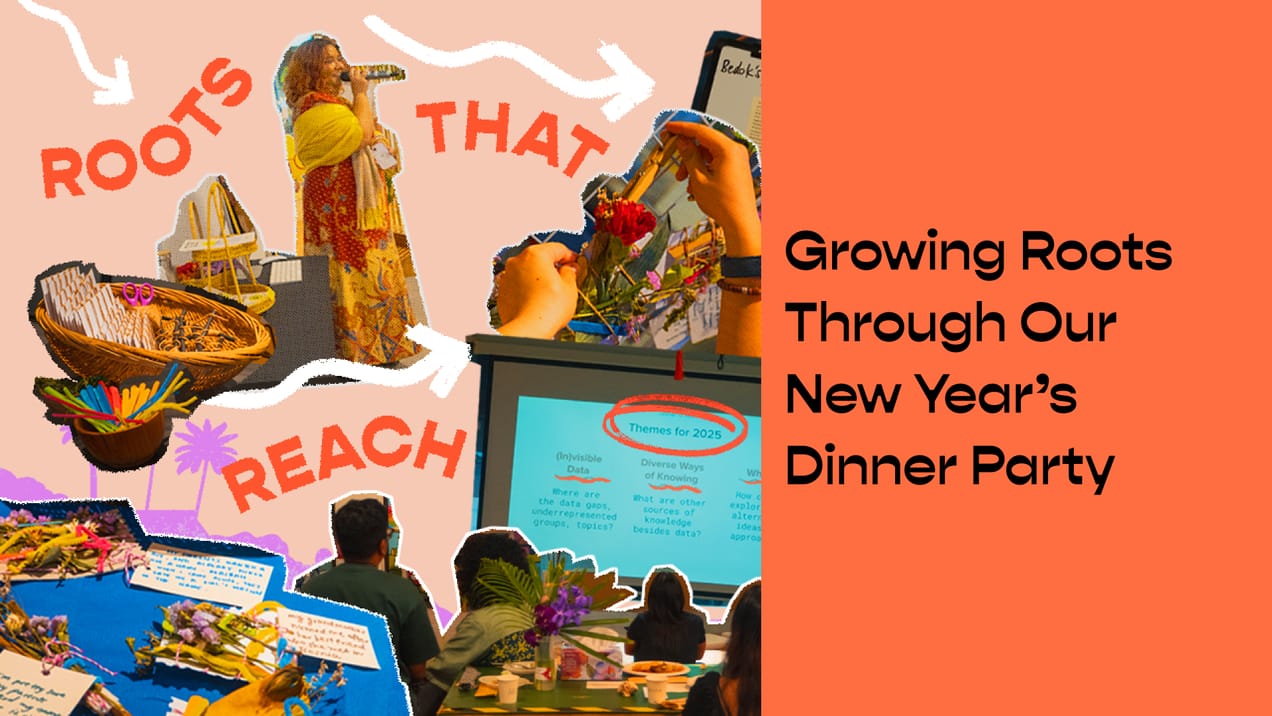
Humans of Kontinentalist: Peiying
In this edition of Humans of Kontinentalist, we sat down with Peiying, the company head and wearer of many hats here at Kontinentalist…
In this edition of Humans of Kontinentalist, we sat down with Peiying, the company head and wearer of many hats here at Kontinentalist. Together with our founder, Peiying started off building the company and putting together the team that is now behind Kontinentalist.
Hi Peiying! How did you come to set up Kontinentalist?
Well, I joined Potato Productions (the parent company of Kontinentalist) in 2017. I had left my previous job at a museum here in Singapore, and I wanted to look for a place that would allow me to grow and to learn something new and different from what I had been doing the years before that. I reached out to our founder, Hans, whom I already knew, and asked him what projects he was currently working on. He suggested doing something related to mapping and storytelling, and that is how I came on board.
How did you come up with the name Kontinentalist?
The name was thought of by Gan, a former team member of ours.
What does the logo signify?
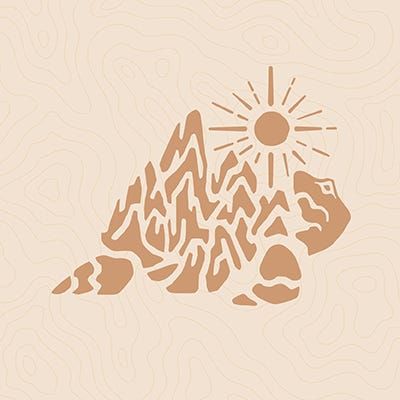
When we were brainstorming and trying to crystallise what Kontinentalist should be, Hans suggested we look at Terry Pratchett’s Discworld. That led us to the figure ‘Ao, a turtle from Chinese mythology. The notion of the world being built upon the back of a turtle has origins in both ancient Chinese and Indian culture, which we thought was very befitting of what we wanted to do with maps and storytelling.
How did you begin setting up Kontinentalist?
In the beginning, I struggled a lot with trying to figure out exactly what we wanted to do with mapping and storytelling. After doing some research, I realised that the Asian perspective in relation to storytelling and mapping was severely lacking.
At the beginning, Kontinentalist was very much associated with the Belt and Road Initiative. Why is this?
This goes back to the founding of Kontinentalist and how it came to be. Part of the reason why our founder, Hans, wanted to form a company like Kontinentalist was because he was trying to keep track of the Belt and Road Initiative (BRI), but he found it hard to keep up with the news and so he decided to put it all on a map and combine narrative with geospatial data. The BRI has the potential to impact millions of lives and greatly disrupt traditional economies and technologies. It is definitely something to watch, and we want to be in that space where we are ahead, and not behind it.
I feel that context is very important in understanding how and why things are the way they are, and to not be too quick to judge on why certain traditions or attitudes are the way they are.
Tell us a little more about yourself!
Well, I studied history in NUS, and it is very much a big part of my identity and how I think of myself now. I tremendously love art and politics, and the points where the two converge. I worked for several years at the Asian Civilisations Museum, and even before that I had interned at different heritage institutions. Thinking about the past and the material of that is something that I am very passionate about. One person that really influenced me was a very well-respected professor, Maurizio Peleggi, and I often still think about the lessons he has taught me about the intersection of history and memory and what heritage truly means. I try to bring some of those perspectives into the stories that we write here at Kontinentalist. I feel that context is very important in understanding how and why things are the way they are, and to not be too quick to judge on why certain traditions or attitudes are the way they are.
However, since joining Kontinentalist, I feel that my identity has changed quite a lot. I am very passionate about telling stories that have a ‘plot twist’, and I want to change people’s perceptions about what they assume or understand to be the norm.

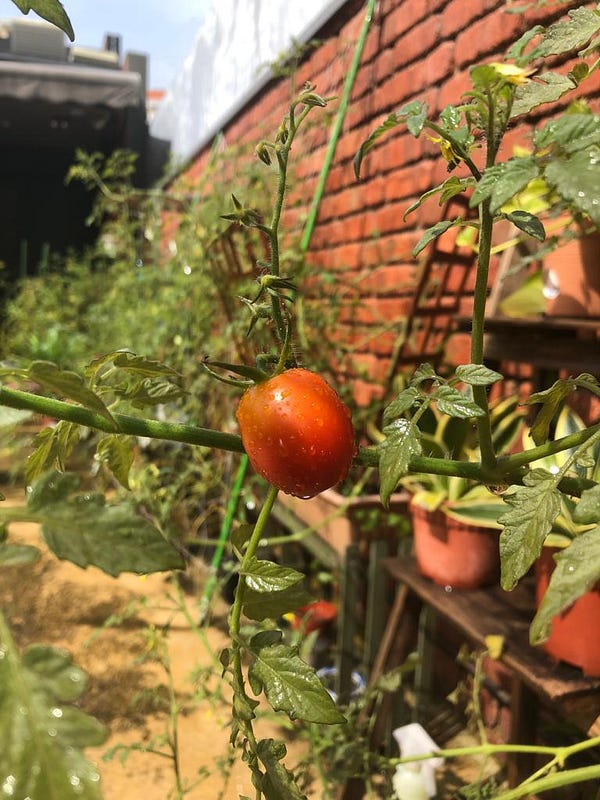
At present, I am also a bit of a trivia nut, a Chinese fantasy drama fan, and I love gardening (I am obsessed with the garden we have at work! I think about it before I go to sleep, and I think about it on weekends too!). I am a huge cat lover, I have two cats. I also love cooking and baking, there is something incredibly satisfying about completing a recipe and getting it right. It kind of makes me feel like nothing is impossible!
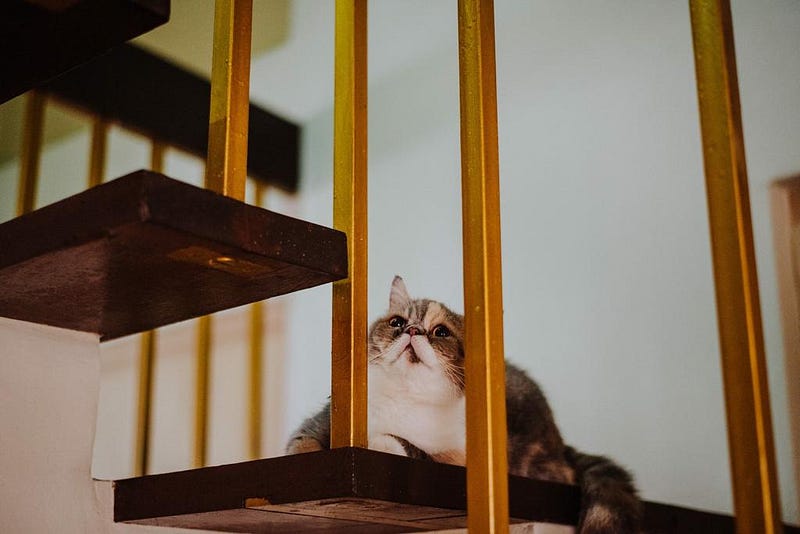
As the head of Kontinentalist, what exactly is your role?
My role is a very mixed bag. My primary function is administrative, so I take care of day-to-day operations for Kontinentalist. I make sure things get out on time, I help plan partnerships and business relations for the company, and I also act as chief editor at the same time. I am also the only person in the team who is more or less GIS equipped, and the one who is most comfortable with data visualisation.
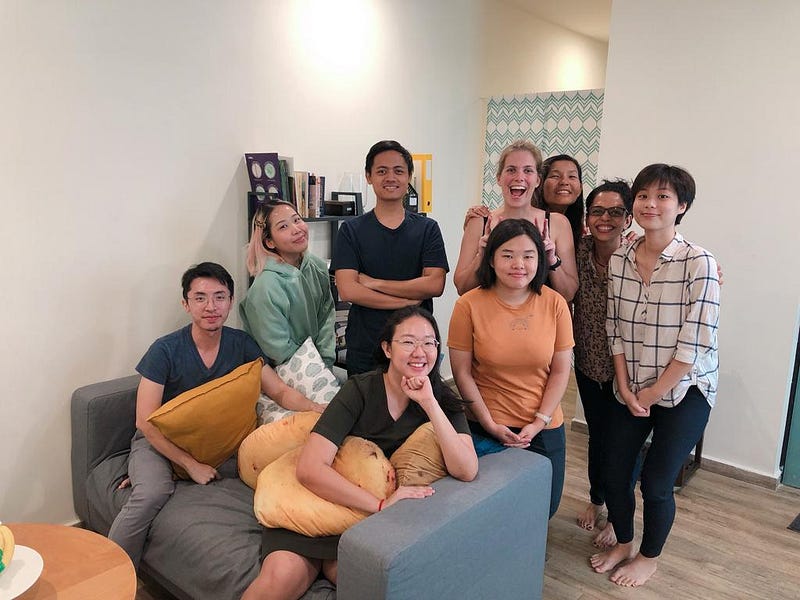
That aside, I also act as the “mum”: I am always nagging, reminding people of things (don’t leave on the aircon when you leave for the day, eat the fruit we have before it goes bad etc.), I always make sure that people are well-fed and that they have a constant supply of snacks to keep them going, sometimes I cook, and I even unclog the toilet when it gets clogged!
Let’s do a round of either/or!
Ban Mian or Chicken Rice?
Chicken Rice!
Sunshine or Rain?
Rain.
Physical book or ebook?
Physical book.
Van Gogh or Hokusai?
Van Gogh.
History or Art?
History.
Painting or Sketching?
Painting.
Ocean or Lake?
Ocean.
Mountains or Beach?
Mountains.
Running or Walking?
Walking.
If Kontinentalist was a colour, what would it be?
Actually, Kontinentalist already has a colour! Our default colour is called Gold Earth, and it was created by our designer, Joceline. I think it encapsulates what we are. Not only are we talking about the land we are in, but it highlights what we are: we want to be contextual and informative.
We want to show that the Asian cultures and its stories that we are talking about have a lot of life, relevance, and in many situations, are surprising.
If Kontinentalist had a soundtrack, what would it be?
Hmm..it would be a very specific genre. It would be a modern Asian artist performing rap or rock. That’s what we want to represent: authentic Asian identities or stories. But we don’t want to lock them into exoticism or stereotypes. We want to show that the Asian cultures and its stories that we are talking about have a lot of life, relevance, and in many situations, are surprising.
What would you say has been Kontinentalist’s toughest story to write to date?
We don’t really shy away from difficult topics, to be honest. The first thing that comes to mind is Bella’s story about what religious pilgrimages teach us. Her initial draft attempted to explain different branches of a certain religion and its influence on people’s identity, and we were very worried that we would not be able to do a good job in explaining and giving it appropriate representation. This sentiment also applied to another story that we did about the Palestinian situation.
Another difficult story was Vinita’s story about genocide under the Khmer Rouge in Cambodia. It was a difficult story to tell because obviously it was very sensitive. In all these stories that I mention, it concerns living people who have very recent memories of these events and we wanted to ensure that we were not misrepresenting them or their experiences. One last difficult story was by Kathy on the sustainability of shark fin consumption. I think that it was difficult for her to write because she had to admit that she had expressed an inaccurate opinion before writing it (that there is no such thing as sustainable shark fishing) and bring a very controversial topic up for discussion.
Which story is Kontinentalist’s ‘biggest’ story thus far?
The BRI story is definitely our biggest story. It took almost one entire year to do all the research and find all the datasets. Bringing it to life in terms of the design and all the coding took us about two months. It was a long awaited project and it was very satisfying to finally launch it when we did last November. It definitely showcases not just the amount of work we have put in, in terms of following the news, and finding the information, but also in terms of our skillset and what we were able to do with map-based scrollytelling.
What would you say is your favourite team moment or memory?
So far, I would say my favourite team memory was when we went to present at the DataVis Meetup. It was the first time we were talking about our work. We all worked very hard on it! Even though only three of us were presenting, everyone helped out in some way or another, be it through attending our rehearsals, or by giving us comments and feedback. And the entire team showed up for the talk and supported us form the audience seats. It was very heartening to see everyone there, giving their best.

What is your funniest team moment?
There isn’t a single ‘funniest’ moment, just because we have had so, so many. But almost all of them involve stupid shirt that Dylan says. He either drops pearls of wisdom, or he makes mildly offensive remarks. I don’t think I should repeat them here as they can be very shocking.
This aside, I do think our team bonding activity last year was definitely a highlight. Another fond memory I have was our Halloween party last year, where we had to dress up as each other. You may not notice that you have a particular style, until someone else dresses up as you. It can be quite hilarious!
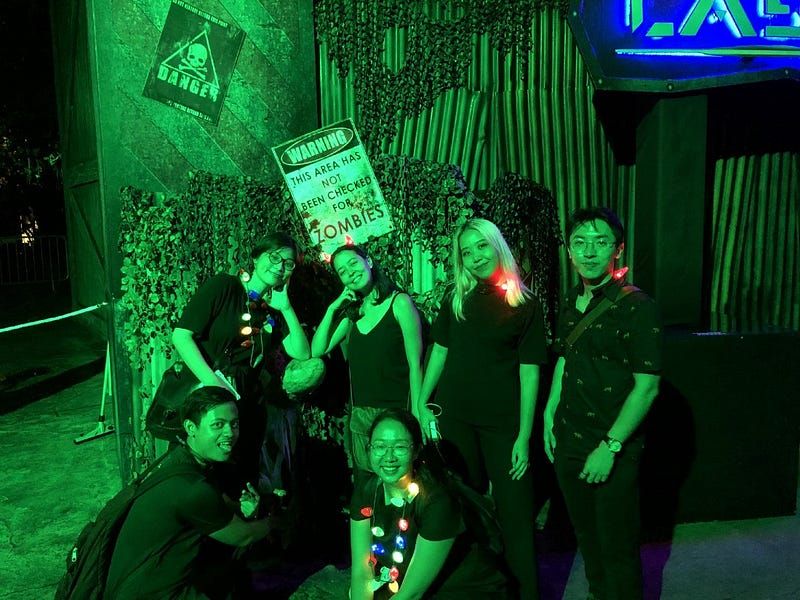
What is the work culture like at Kontinentalist?
Konti is a very flat or horizontal company. We are mostly within the ages of 20 to 30+. We are very young, very dynamic, and we move forward together. No one person has a complete monopoly on decisions and how things should be done. Every step we take is very consultative and collaborative. We also really love to have fun and eat. We do a lot of eating. We are always snacking, always thinking about where to eat lunch, where to buy our next cup of bubble tea. I also think that our diverse backgrounds add a lot of colour to our team!
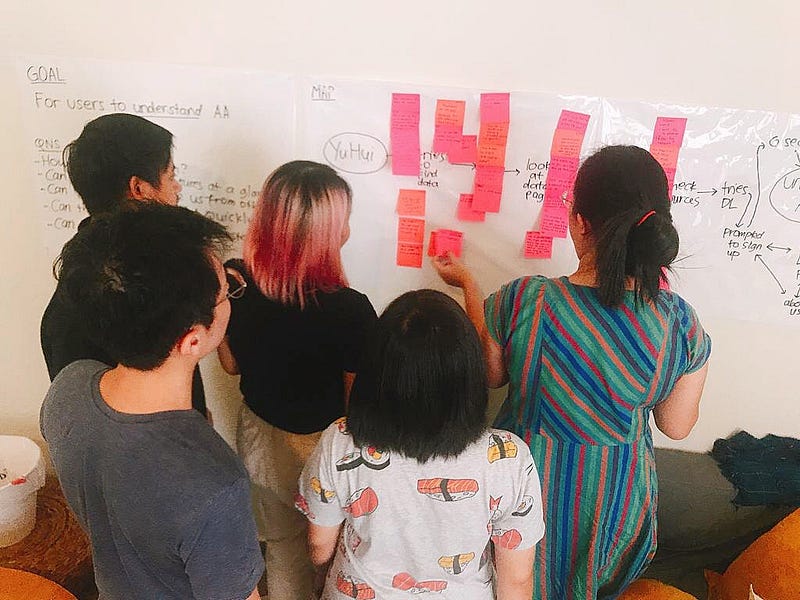
What’s next for Kontinentalist?
We are looking to work with different partners (please contact us if you are interested!). We are very open to working with different groups, but we are particularly keen on working with activists and NGOs who have very strong stories to tell. We are looking to challenge ourselves skills-wise as well, by doing more technically challenging stories, and to have some really beautiful data vis essays. A large part of this year will be dedicated to building our new map/data platform which will provide open data about Asia, so stay tuned for that!

